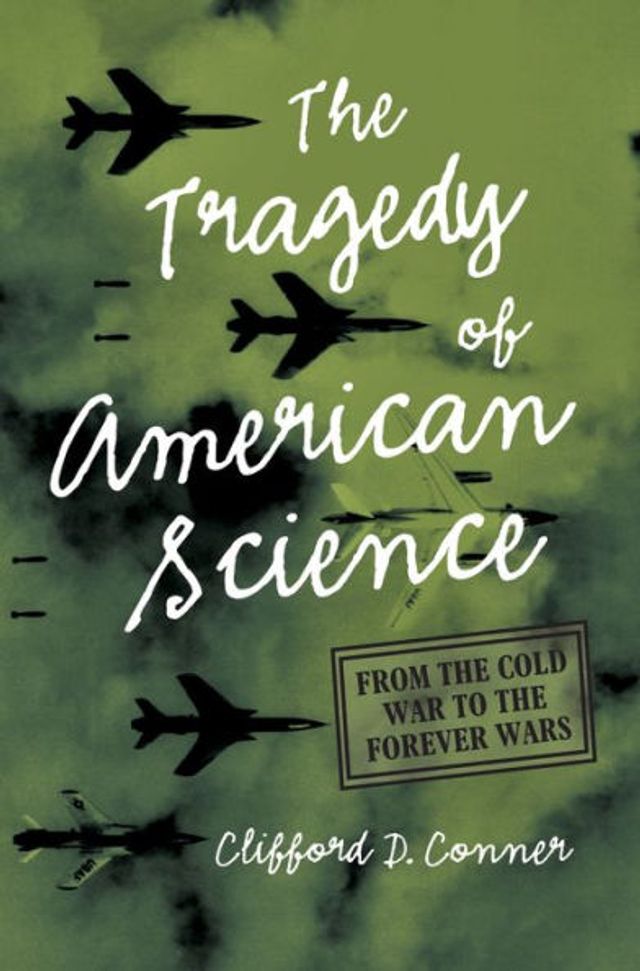Home
The Tragedy of American Science: From the Cold War to the Forever Wars
Barnes and Noble
The Tragedy of American Science: From the Cold War to the Forever Wars
Current price: $19.95


Barnes and Noble
The Tragedy of American Science: From the Cold War to the Forever Wars
Current price: $19.95
Size: OS
Loading Inventory...
*Product information may vary - to confirm product availability, pricing, shipping and return information please contact Barnes and Noble
The tragedy of American science is that its direction is determined by private profit rather than by the desire to improve the human condition. As a result, Conner argues, Big Science has been irredeemably corrupted by Big Money. This corruption threatens the air we breathe, the water we drink, the food we eat, and the medicines we take.
The Tragedy of American Science
explores how the U.S. economy’s addiction to military spending distorts and deforms science by making it overwhelmingly subservient to military interests. The primary motive driving American science and technology has become the search for new and more efficient ways to kill people. This transforms science from the classic ideal of a creative force for the advancement of humankind into its destructive and antihuman opposite. That those trillions of dollars in resources and scientific talent are not devoted to solving the problems of poverty, disease, and environmental destruction is one of the greatest tragedies of our times.
While the underlying problems may appear intractable, Conner compellingly argues that replacing the current science-for-profit system with a science-for-human-needs system is not an impossible, utopian dream. But to get there, we’ll need to grapple with this important history.
The Tragedy of American Science
explores how the U.S. economy’s addiction to military spending distorts and deforms science by making it overwhelmingly subservient to military interests. The primary motive driving American science and technology has become the search for new and more efficient ways to kill people. This transforms science from the classic ideal of a creative force for the advancement of humankind into its destructive and antihuman opposite. That those trillions of dollars in resources and scientific talent are not devoted to solving the problems of poverty, disease, and environmental destruction is one of the greatest tragedies of our times.
While the underlying problems may appear intractable, Conner compellingly argues that replacing the current science-for-profit system with a science-for-human-needs system is not an impossible, utopian dream. But to get there, we’ll need to grapple with this important history.


















